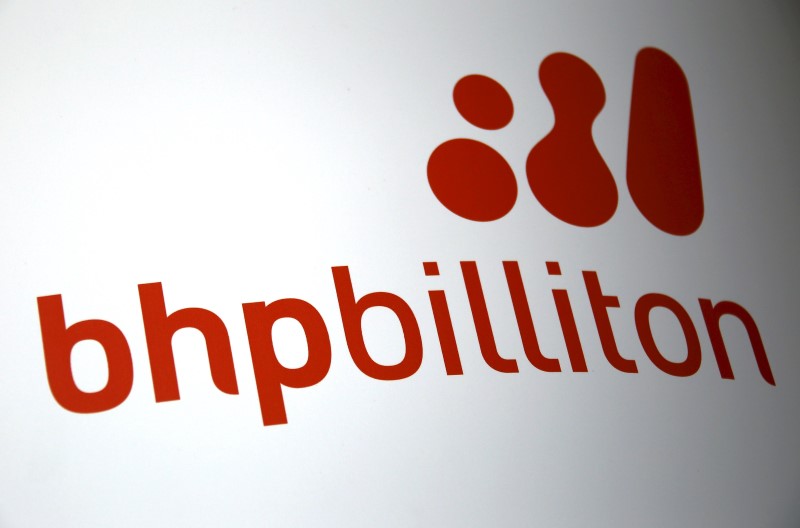(Repeats story from overnight, no changes to text)
By Sonali Paul
MELBOURNE, Oct 10 (Reuters) - With the Paris climate accord set to come into force within weeks, top global miner BHP Billiton BHP.AX BLT.L said it still expects its copper, oil and gas, iron ore and coal businesses to thrive in a world with lower carbon emissions.
The company, which favours a price on carbon, last year was one of the first mining companies to spell out the impact of climate risks on its portfolio, amid investor concerns that fossil fuels, like oil and coal, could become worthless.
"Under all current plausible scenarios, fossil fuels will continue to be a significant part of the energy mix for decades," BHP Billiton said on Monday in a review of climate risks following the Paris accord.
A global agreement to combat climate change will come into force on Nov. 4 after support from European nations sent the accord across an important threshold. has cut its long-term expectation for global growth in its latest strategic plans which look at a range of scenarios, while raising its assumptions for growth in renewable energy.
Renewable energy and electric vehicle uptake will grow at the high end of industry forecasts over the next 20 years, thanks to technology improvements and the growing global alignment on climate policy, BHP said.
In that world, the company's copper business will be the biggest beneficiary, as the metal is heavily used in wind turbines and solar panels as well as in electric vehicles and the infrastructure needed to recharge vehicles.
It also sees natural gas prospering under the Paris accord, as demand for gas, with its lower carbon emissions than coal and oil, is likely to be strong in the short- to medium-term as a cleaner alternative to generate power and fuel transport.
"In the global accord scenario, our diverse portfolio remains resilient because of its high quality, low cost assets and rapid payback periods," said Fiona Wild, BHP Billiton vice president of sustainability and climate change.
While the company's low-cost crude oil assets, which include Gulf of Mexico deepwater production and onshore shale, would continue to have good margins, that business could come under pressure as electric vehicle sales grow by 25 percent a year between now and 2035.
"While crude oil will likely remain competitive in its core transportation market, it is the most adversely impacted commodity in our portfolio," the report said.
BHP said in its report last year that its underlying earnings would double over the next 15 years under its central case assumptions. That outlook has not changed, BHP's vice president of strategy & market intelligence, Sean Cory, said.
